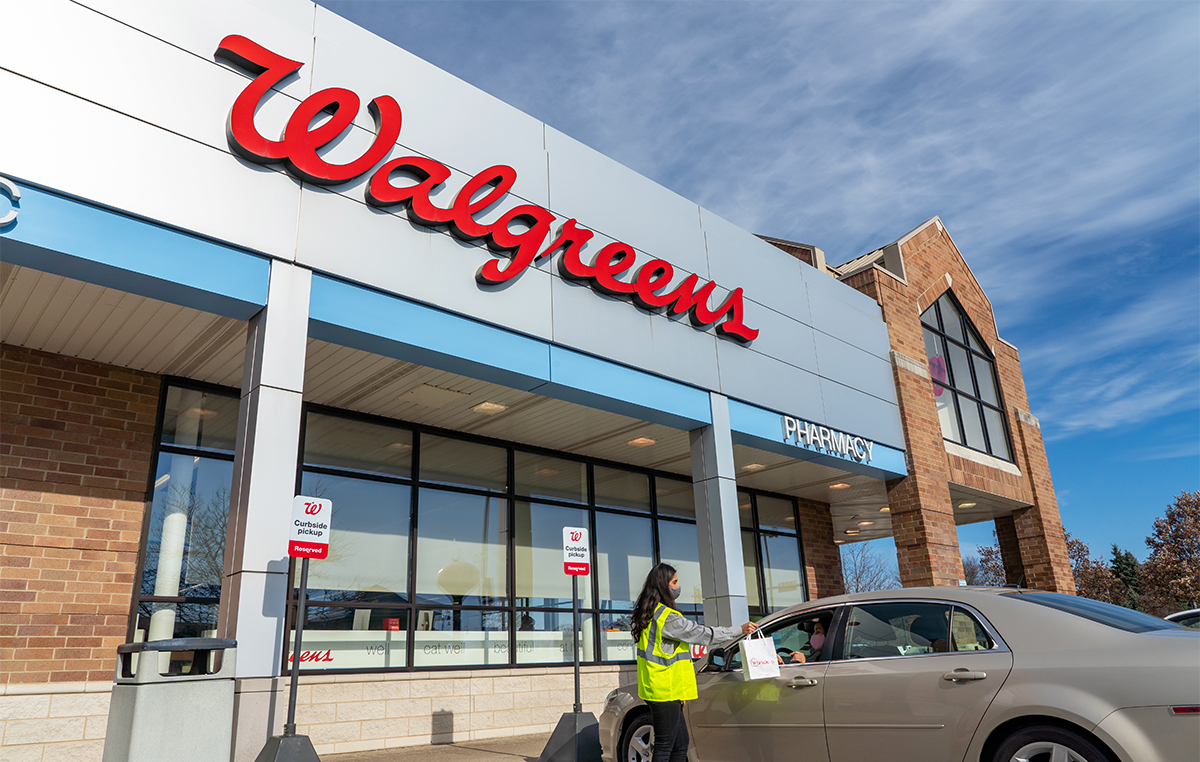In a move that underscores the ongoing struggles of the U.S. economy, Walgreens announced it will close approximately 1,200 locations over the next three years in an effort to offset a massive $3 billion quarterly loss. The closures, which are expected to affect about 500 stores in the current fiscal year alone, come as the drugstore giant looks to cut costs and stabilize its finances. According to a report from AP, these closures should immediately improve adjusted earnings and free cash flow for the company.
This news comes at a time when the American economy is under increased pressure, despite claims from the Biden administration that the country is on the path to recovery. The impact of these store closures is not limited to Walgreens. 7-Eleven, the popular convenience store chain, is also planning to shutter nearly 450 locations nationwide due to underperformance. These closures signal that many businesses are struggling to stay afloat amid what many economists are calling a sluggish economic recovery.
Under President Joe Biden’s leadership, the U.S. economy continues to face challenges, with inflation and stagnant wage growth taking a toll on both businesses and consumers. While the administration has touted efforts to improve living standards, these widespread closures paint a different picture—one where companies are being forced to downsize to survive. Critics argue that the closures are yet another sign that the current administration’s policies are failing to deliver meaningful economic improvement.
The loss of jobs and reduction in consumer access to essential services like pharmacies and convenience stores could have a ripple effect on local communities, further impacting the struggling economy. As businesses like Walgreens and 7-Eleven attempt to navigate these tough economic waters, many are left questioning the effectiveness of the Biden administration’s approach to handling the nation’s financial woes.

